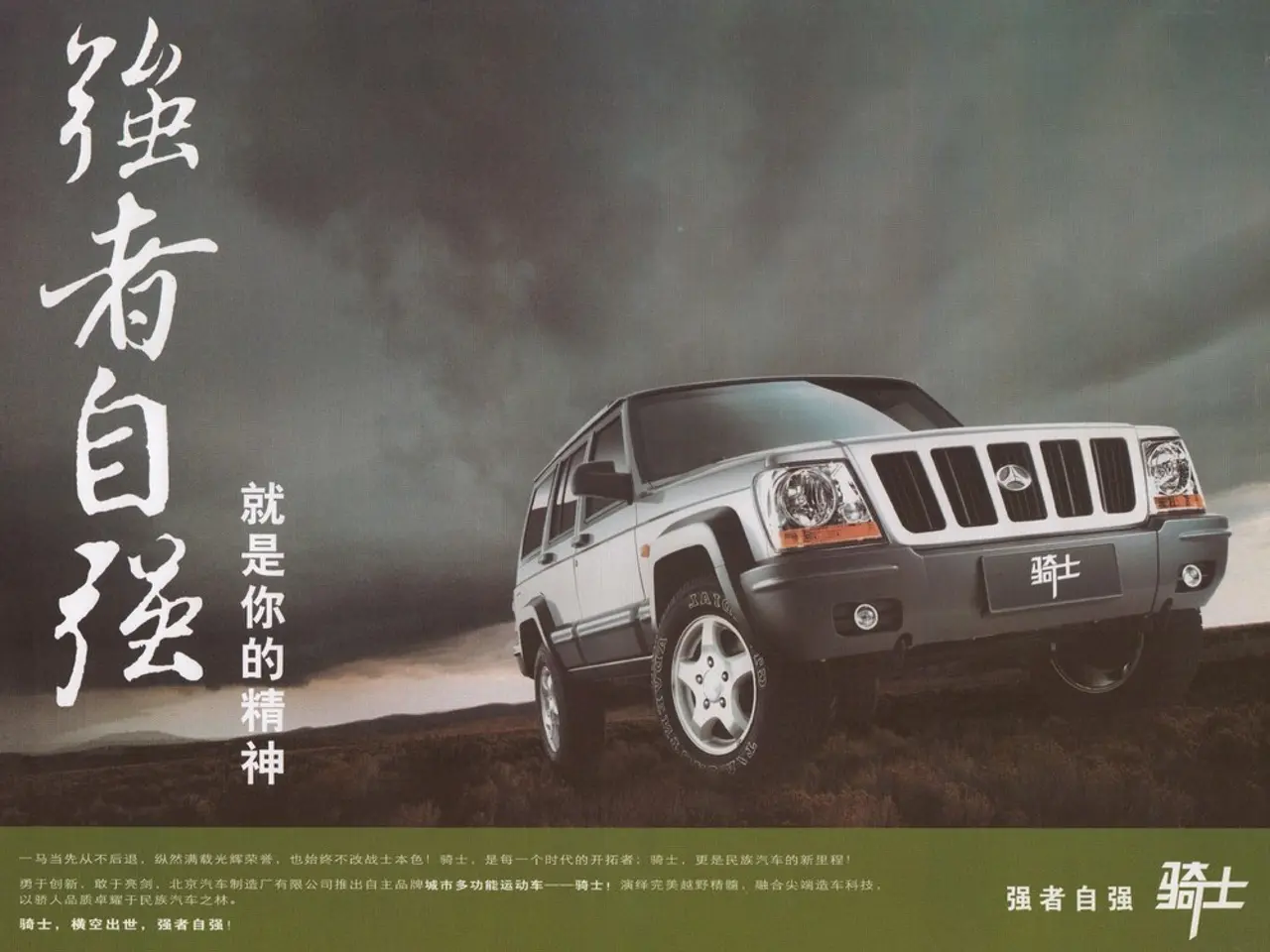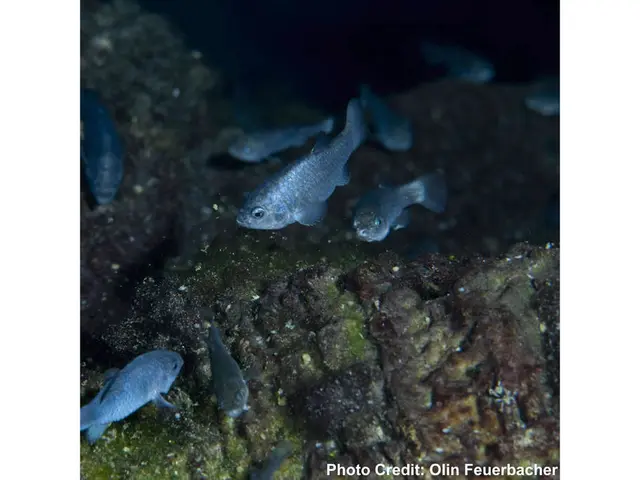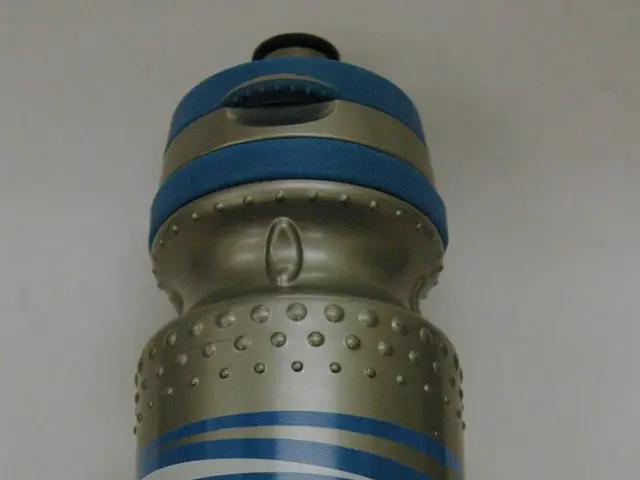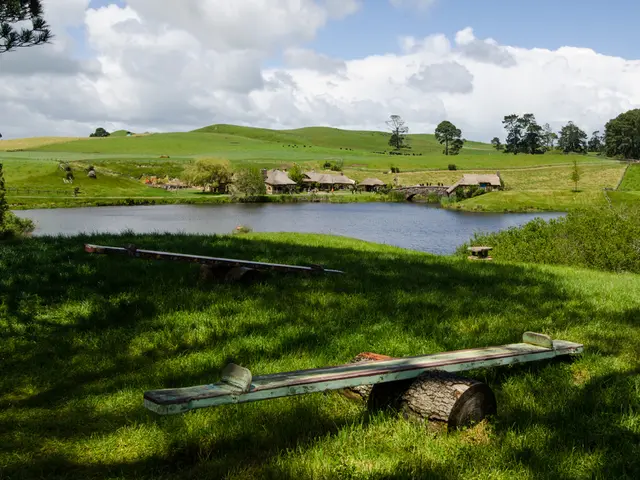Funding halt for climate-related journalism in developing Asian nations due to Trump's foreign aid freeze.
The Trump administration has announced plans to merge the United States Agency for International Development (USAID) into the State Department, marking a significant revamp in foreign aid and development assistance.
The move comes as USAID, which administers about 60% of US foreign assistance, has come under attack by Trump and his billionaire ally Elon Musk in recent days. The agency's workforce of 10,000, about two-thirds of whom serve overseas, has been a subject of criticism.
The merger is intended to align USAID's spending with the president's priorities. However, concerns have been raised about the potential impact on funding for critical programmes, particularly in Southeast Asia. Grace Stanhope, research associate of independent think tank Lowy Institute, described the potential dent on funding for the poorest countries in the region as "devastating."
USAID is the world's largest single donor and disbursed $43.79bn in the 2023 fiscal year, assisting about 130 countries. The agency's work includes programmes related to waste and its impact, which Alvaro Aguilar, head of business development and logistics at Prevented Ocean Plastic, believes will continue after the review due to the urgent need and the involvement of US brands like Coca-Cola, PepsiCo, P&G, Mondelez, and Mars.
The merger has also sparked controversy in the Philippines, where the foreign aid freeze will impact at least 39 development projects, with environmental protection and health programmes being on the line. Rjay Zuriaga Castor, a freelance journalist from the Philippines, had his approved grant withdrawn by Internews due to the suspension. Internews primarily has US-based donors, including the US Department of State Bureau of Democracy, Human Rights and Labour. The suspension affects a journalism programme known as STRIDES (Strengthening Transparency in Infrastructure Development through Environmental Reporting in Southeast Asia).
The clash between Trump and the US government has caused confusion, especially for those in Southeast Asia who receive critical humanitarian assistance and funding from the US. Bernadette Victorio, programme lead for Fair Finance Asia, warns that the rise of right-wing governments in the West could create a "ripple effect" in the region, impacting funding for critical life-saving resources and livelihoods that can aggravate inequality in the global south.
The United States President, Donald Trump, has issued an executive order that has led to a 90-day pause on all existing US foreign development assistance programs. This pause has caused International non-profit Internews to suspend sub-grants and contracts for climate journalists starting 27 January. Despite the ongoing row, Indonesia-based waste collection company Prevented Ocean Plastic, which is directly funded by USAID, has not seen any impact on its projects.
USAID was established in 1961 by Democratic president John F Kennedy during the Cold War with the aim of better coordinating foreign assistance as a key platform of US foreign policy. The dispute over USAID funding regarding NGOs in Asia involves concerns and criticisms about the influence and conditions attached to US aid for non-governmental organizations, affecting political and human rights dynamics in the region. US Secretary of State Marco Rubio has been named as the acting administrator of USAID.
The merger, if approved, could significantly alter the landscape of foreign aid and development assistance, with potential far-reaching consequences for countries in Asia and beyond.
Read also:
- Two farmers in Zambia take legal action against two firms with Chinese connections, alleging an ecological disaster caused by their operations.
- Deepening EU-India relations despite apprehensions regarding Moscow connections
- Ongoing Transition Towards Cleanliness
- "Revival of 'Zombie' Power Plant Proposal in Massachusetts"







